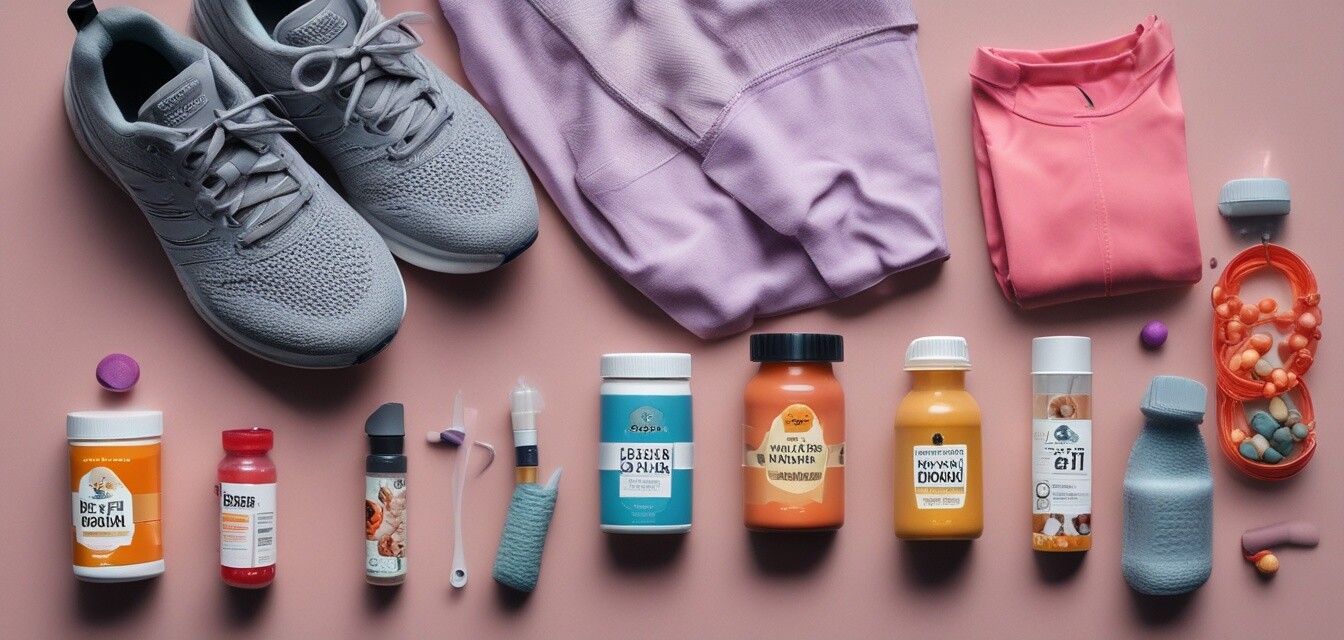
The Best Prenatal Vitamins for Pregnant Athletes
Key Takeaways
- Pregnant athletes have unique nutritional needs that prenatal vitamins should address.
- Look for multivitamins that include essential nutrients like folate, iron, and DHA.
- Consult with a healthcare provider before starting any new supplement regimen.
- Certified gluten-free vitamins are a great choice for those with dietary restrictions. Explore certified gluten-free options.
- Chewable prenatal vitamins may be easier to take for some athletes. See our selection of chewable options.
As more women engage in athletic activities during their pregnancies, the demand for prenatal vitamins that cater specifically to this group grows. Pregnant athletes, balancing their fitness regimen with the requirements of pregnancy, need to ensure they are meeting their nutritional needs to support both their performance and the health of their developing baby. This guide aims to illuminate the best prenatal vitamins suited for active moms-to-be and what to consider when making your choice.
Why prenatal vitamins are essential for pregnant athletes
Prenatal vitamins play a critical role in filling the nutritional gaps that may arise due to the increased physical demands of an athletic lifestyle coupled with the needs of pregnancy. Prenatal vitamins are designed to support an expecting mother’s health and the development of her baby during a crucial time of growth.
Key nutrients for pregnant athletes
When selecting a prenatal vitamin, look for essential nutrients that enhance both maternal and fetal health:
| Nutrient | Importance | Sources |
|---|---|---|
| Folate | Helps prevent neural tube defects in the baby. | Leafy greens, fortified cereals, prenatal vitamins. |
| Iron | Supports increased blood volume and oxygen transport. | Red meat, legumes, spinach, prenatal vitamins. |
| DHA | Essential for brain and eye development. | Fish, walnuts, algae-based supplements. |
| Calcium | Important for building the baby's bones and teeth. | Dairy products, fortified plant-based milk, prenatal vitamins. |
| Vitamin D | Helps with calcium absorption and supports the immune system. | Sunlight, fatty fish, fortified products. |
What to consider when choosing prenatal vitamins
As you search for the best prenatal vitamins to fit your athletic lifestyle, consider the following:
- Dietary restrictions: If you have specific dietary needs, explore gluten-free vitamins or vegan options.
- Formulation: Some athletes may prefer chewable supplements or gummy options that are easier to digest.
- Reputation and reviews: Look for brands with positive feedback and reliability.
- Dosage: Ensure that the vitamin meets the recommended dietary allowances for pregnant women.
- Professional recommendations: Always consult your healthcare provider for personalized advice.
Comparison of popular prenatal vitamins for athletes
| Brand | Type | Key Nutrients | Notes |
|---|---|---|---|
| Brand A | Multivitamin | Folate, Iron, DHA | Certified gluten-free. |
| Brand B | Chewable | Folate, Calcium, Vitamin D | Tasty and easy to digest. |
| Brand C | Gummy | Iron, DHA, Folate | Fun texture; appeals to many. |
Tips for athletes taking prenatal vitamins
Beginners section
- Start taking prenatal vitamins before conception, if possible.
- Stay consistent with your intake—consider setting a daily reminder.
- Pair your vitamins with a healthy diet to maximize benefits.
- Drink plenty of water to help with absorption.
- Monitor how you feel and adjust based on any advice from your healthcare professional.
Conclusion
For pregnant athletes, finding the right prenatal vitamins is crucial to support both their health and their baby's development. Ensure that you are selecting a vitamin that meets their unique needs, considering factors like nutrient content, dietary restrictions, and personal preferences. Remember to consult with a healthcare provider to tailor your nutrient intake as needed.
Pros
- Provides essential nutrients during pregnancy.
- Supports athletic performance and well-being.
- Available in various forms to suit personal preferences.
Cons
- Some may experience digestive discomfort.
- Costs can vary widely across brands.
- Not all vitamins may meet individual nutritional gaps.
